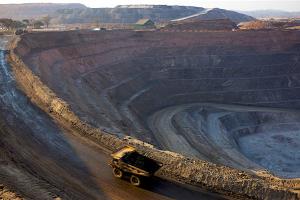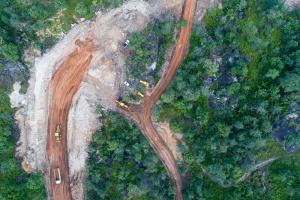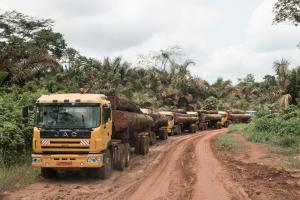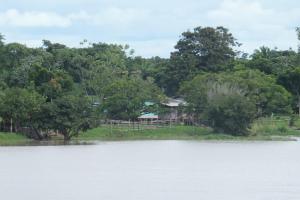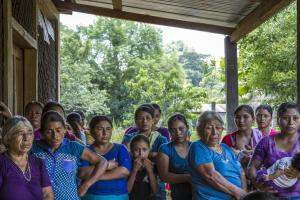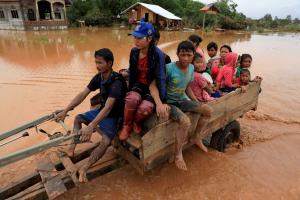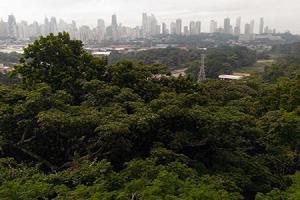The World Bank and Other Financial Institutions
“Poverty alleviation,” “sustainability,” “prosperity” and "development" are key words in the public relations materials of the World Bank, its private arm, the International Financial Corporation (IFC), and other development finance agencies. In reality, the policies, programmes and projects promoted by these institutions have time and again caused more poverty, violence and forest destruction.
This bulletin highlights threats involved in the so-called “energy transition,” and exposes its dirty secret of exponential expansion of mining in the global South as a consequence of the massive demand for “green” energy.
An oxymoron describes "a statement that seems to say two opposite things." The World Bank has a lot of experience with oxymoronic initiatives.
This is good news for forests, forest peoples and the climate because the IFC proposal aimed at subsidizing a carbon market for private sector REDD+ project credits for which there is neither demand nor justification.
More than one hundred organisations signed this open letter to members of the Green Climate Fund Board. The Board will be meeting from 12 to 14 November 2019, and will decide on a number of funding requests related to REDD+.
We live in an age of ever more “extreme infrastructure.” The construction of roads, railway lines and other infrastructure linking production and resource extraction centres with major consumer areas is tied to profoundly undemocratic forms of elitist planning.
Despite the government of Brazil announcing cutbacks to action against deforestation, the Green Climate Fund awarded US$ 96 million for alleged emission reductions in the Brazilian Amazon. These avoided emissions in part exist only on paper.
The creation of the Maya Biosphere Reserve has been legitimizing a destructive model: infrastructure and energy projects, hand-in-hand with Protected Areas “without people.” While conservation NGOs fatten their portfolios, peasant and indigenous communities are displaced, or conditioned to depend on NGOs and the market.
The government of Lao PDR has decided to establish the country as “the battery of Asia” by developing major hydropower dams along the Mekong River. The recent collapse of the Xe Pian -Xe Namnoy dam, however, accentuated once again the many risks of such projects.
